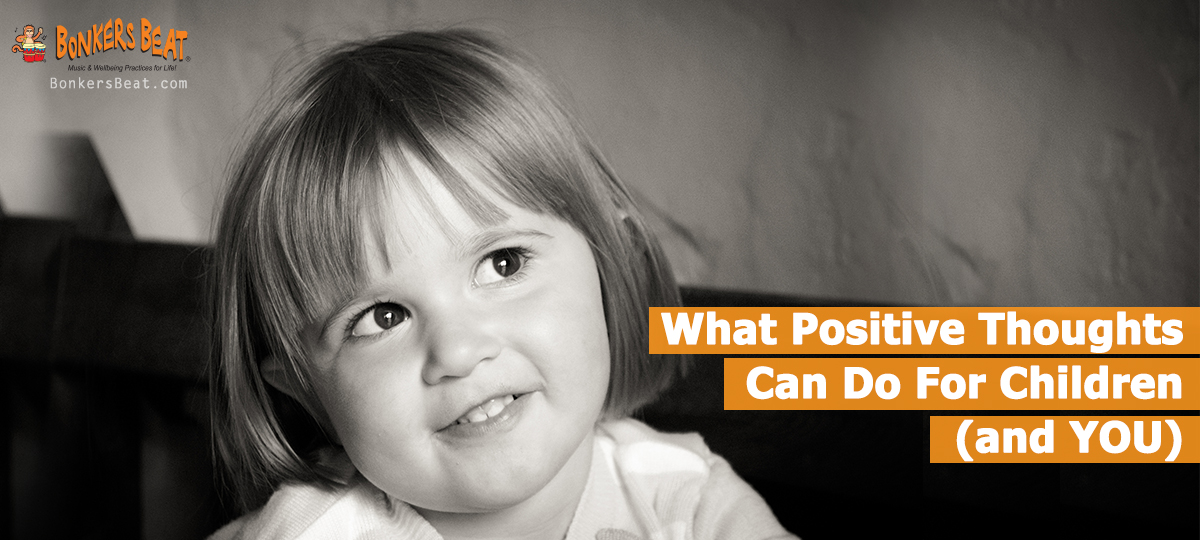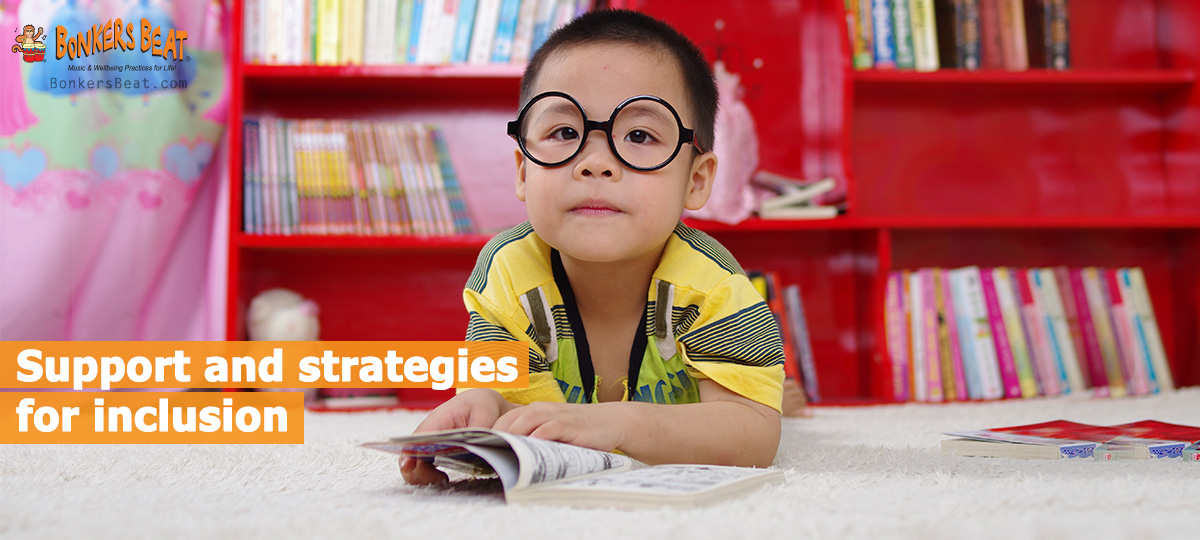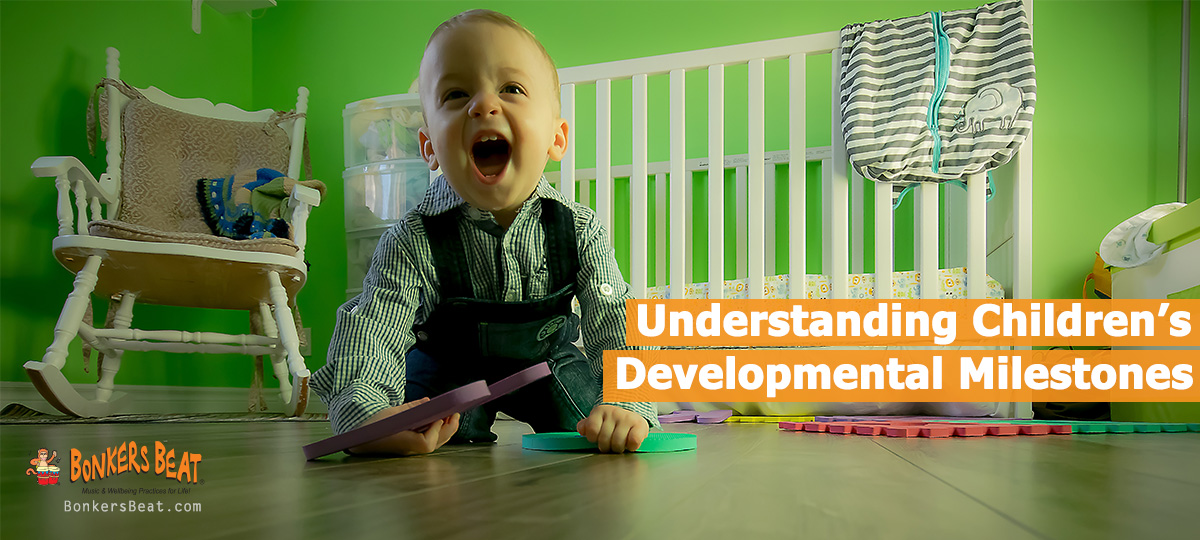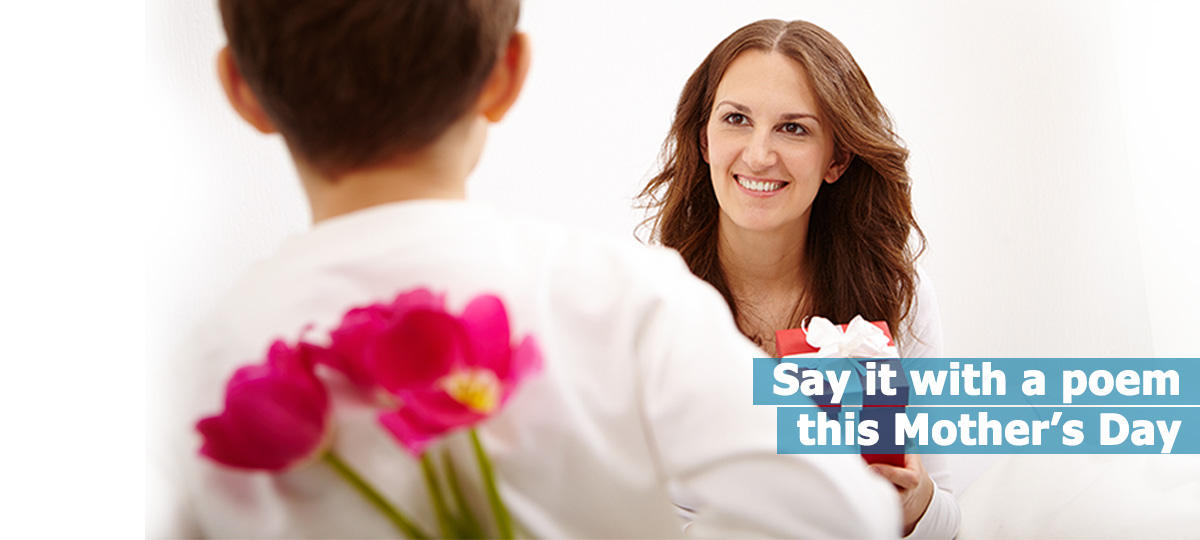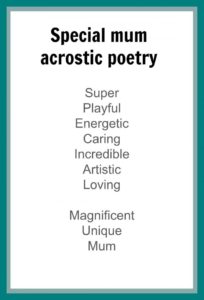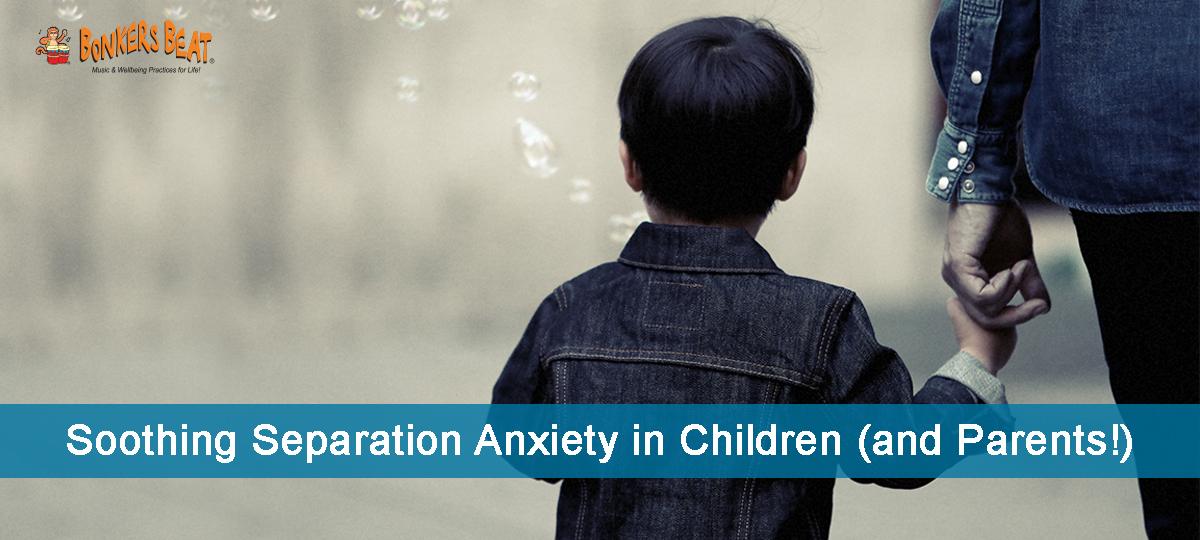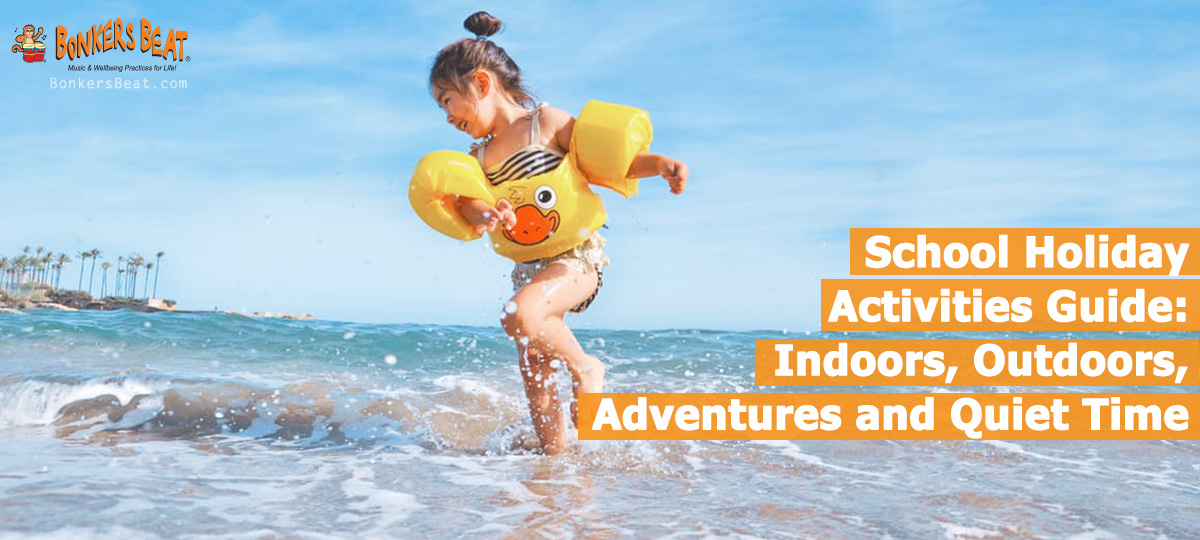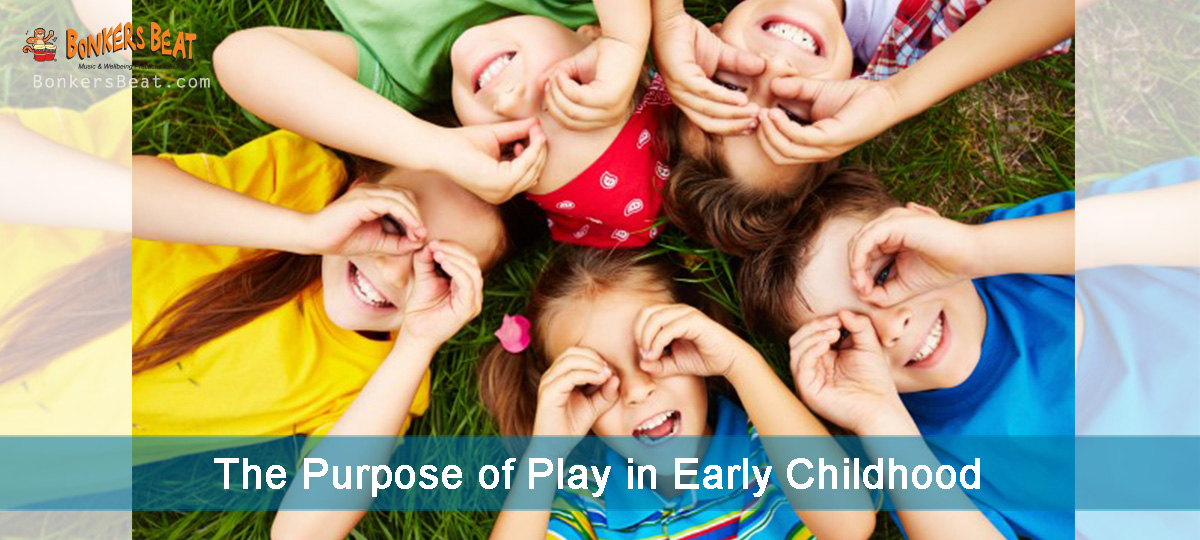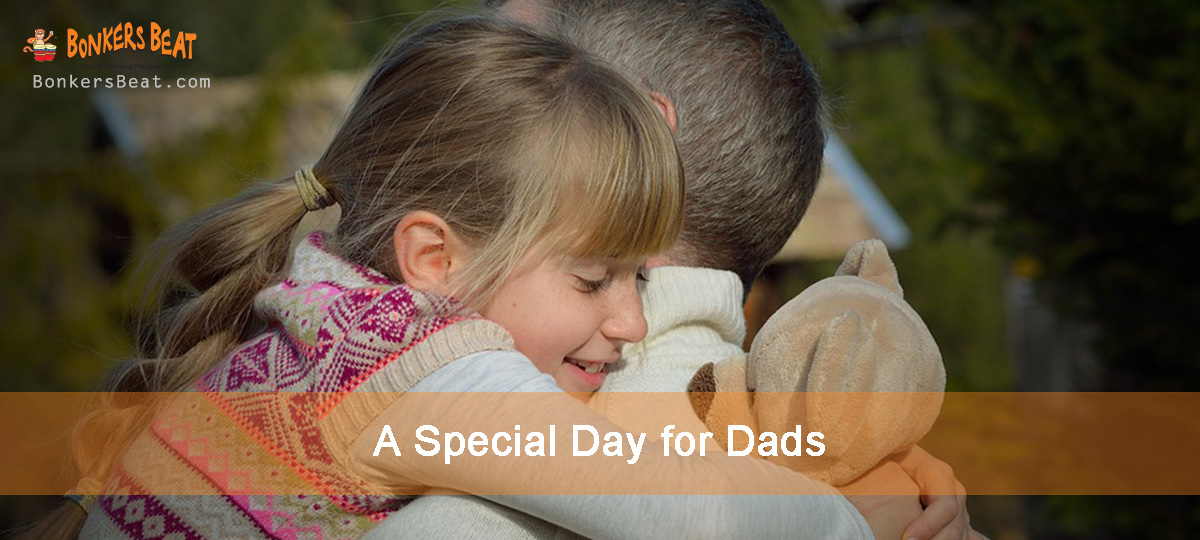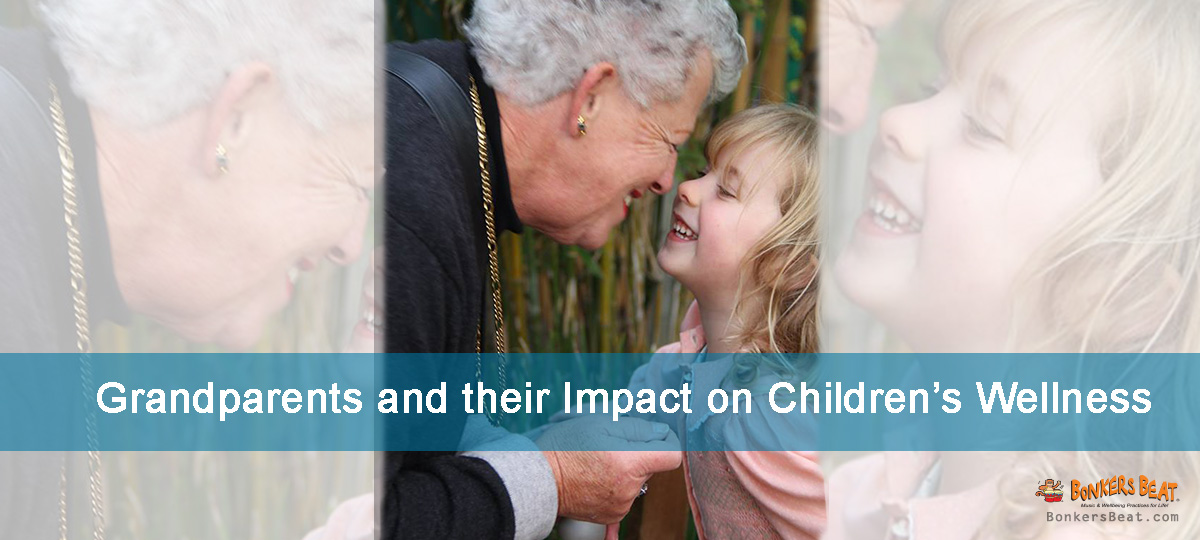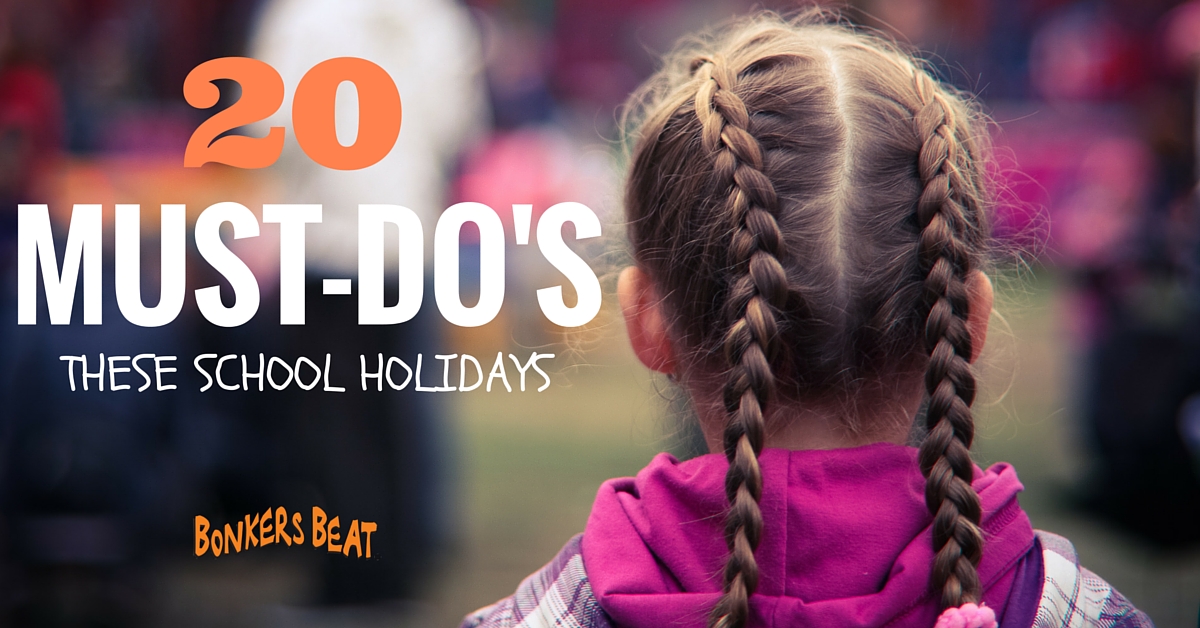Our thoughts and beliefs can change the way we see the world. And even the way we think we are seen within the world. Imagine if we surrounded ourselves with positive thoughts each day…
We know how much we can be impacted by words that are negative and so most of us aim to avoid those damaging attitudes. After all, if you are surrounded by negativity it can really program the way you think.
So what if we put in the effort each day to reprogram the minds of young people and yourself with positive thinking? We think this is an excellent way of enhancing wellbeing and contributing to making the world a better place.
To make it easy, we’ve created the Bonkers Beat Calendar of Positive Thoughts! Each day can have its own positive thought to make sure you never miss an opportunity to share the magic of positive thinking in your centre or home.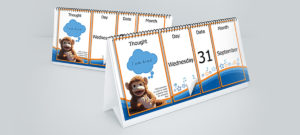
Let’s look more specifically at the powerful impact positive thinking can have on children’s lives (and yours!).
What Positive Thoughts Can Do
There are many benefits to positive thinking that are backed by science. Here are just a couple of effects you will see from using positive thoughts with children:
Boost self-esteem: Sometimes we don’t feel great about ourselves or feel like we are happy with who we are. Same goes for children. Rewire a child’s subconscious by embedding positive thoughts about themselves.
Counteract mental health issues: Children have many similar issues to face in their lives just as adults do – anxiety, low self-esteem, depression. Let’s work together to tackle them with fresh, positive perspectives on life and ourselves.
Instil values: A positive voice inside a child’s head can help guide them in understanding the right and wrong way to approach issues and other people.
Use positive thoughts each day and incorporate them as a mantra in meditation time with children to get a noticeable outcome faster. Practising positive thinking in a mindful way like meditation can help it to stick.
Incorporating positive thoughts into children’s lives (and our own) can only produce a beneficial outcome – so why not give it a try?!
You will be able to get your own Calendar of Positive Thoughts here. We also share some positive thoughts and affirmations on our social media pages. Make sure you’re following us on Facebook, Instagram and Twitter!

